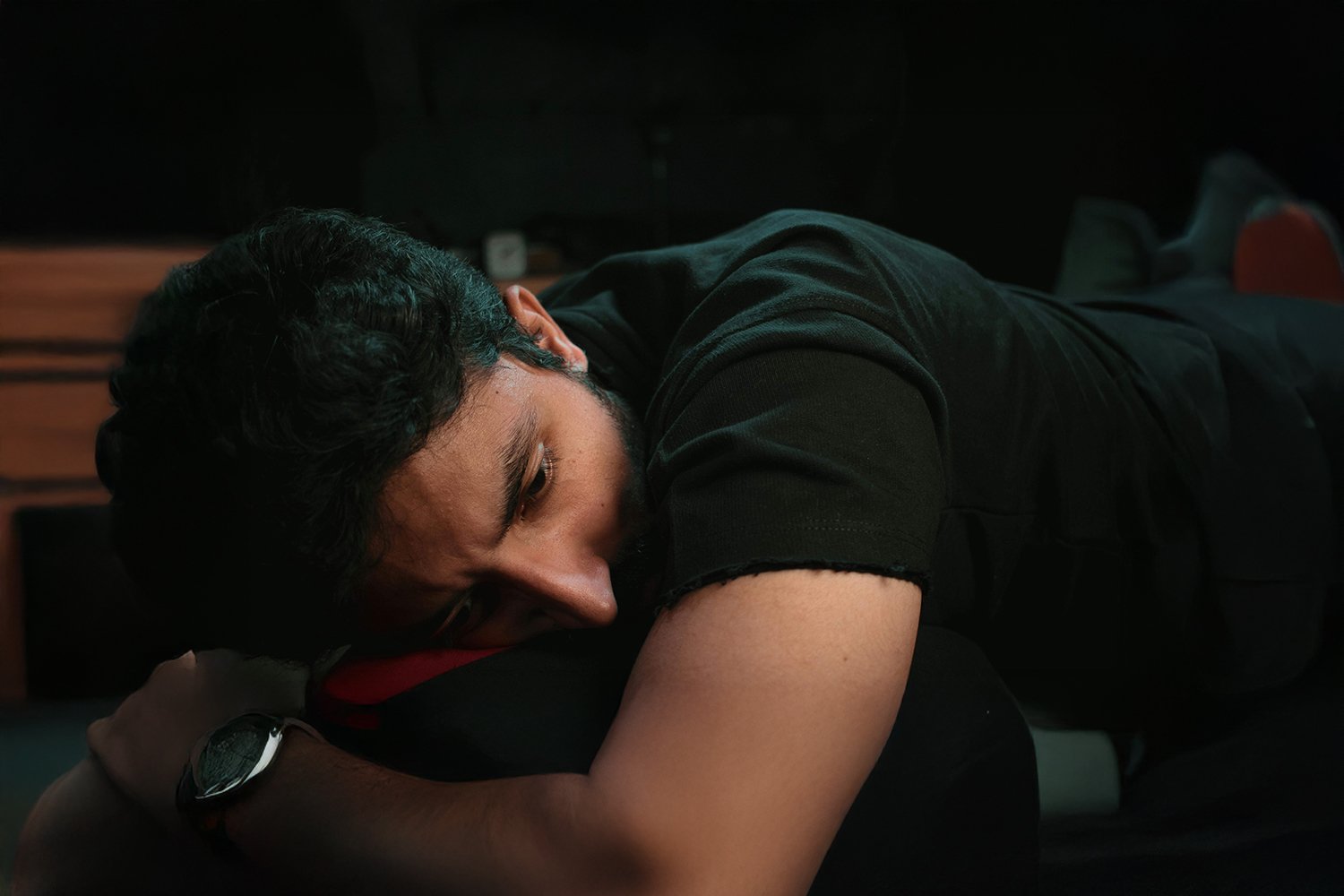Time Heals All Wounds. Or Does It?
Is Time Really the Cure?
You’ve heard some version of the sentiment throughout your life, “Time heals all wounds.” “In time, the pain will go away.” “Just give it time.” For things like minor hurt feelings and misunderstandings in relationships, in fact, there may be some truth to the sentiment! The space of days, weeks, or even months can provide a natural anesthetic to the minor pain we’ve experienced. This is why you may have said something like, “I can’t even remember what we were fighting about.”
But researchers have found that when it comes to traumatic memories, time is never the cure. In fact, the hurt of some traumas only deepens over the seasons of our lives. The good news is that healing is always possible. Realizing when you need help and being committed to wholeness is the first step in the right direction.
How Trauma Wires Our Brains
In his book, The Adverse Childhood Experiences Recovery Workbook, Dr. Glenn R. Schiraldi explains that when we experience trauma, our brains are in fact physically altered. Infants and small children who have experienced trauma from their earliest moments demonstrate this with traumatic symptoms long before they are cognizantly aware of their experiences. These children’s brains remain on a high alert mode, tensed and ready for self-defense. In fact, the right side of their brains struggle to control their emotional and stress responses, certainly affecting how they view the world around them as well as themselves into adulthood. Trauma experienced at any age can result in the same type of rewiring. Suddenly, life can become far more difficult to maneuver. Even the spaces which seemingly have nothing to do with our traumatic experiences can be affected by our lost sense of self and insecurity.
While the affects of trauma are widely varied, there are ways to identify your symptoms. Neuroscientist Ruth Lanius has created an exhaustive list trauma symptoms including low self-esteem, a feeling of not belonging or ever being ‘at home’, self-contempt, believing the world isn’t safe, being unable to trust others, presenting as hypersensitive to criticism or rejection, withdrawing socially, suppressing painful feelings, having nightmares or flashbacks, and numbness. These symptoms often show up on brain scans, lending further evidence that the effects of trauma are physically impairing.
The Rewiring
“There is power in rewiring our brain to except hope and healing with love, acceptance, and the knowledge that even though trauma happened to me, it is not who I am. This allows us to move forward in self love and acceptance, knowing that we are a magnificent and wonderfully made human being.”
Michelle Jacobs (LMSW),
Therapist at Hope & Healing
The incredible news is that the effects trauma, even when experienced in infancy, can be undone. As Dr. Schiraldi writes, “...there is very good reason for hope. Every pain or hurt resulting from toxic stress can be substantially lessened, even decades later. The brain is plastic; it can be rewired.”
The big question is, How?
What are the tools we can use to rewire our distressed brain? The expertise of Dr. Schiraldi reveals that the answer is twofold: Revelation and Love. Because we are indeed as sick as our secrets, one of the keys to thriving after trauma is revealing what has been hidden. (Schiraldi, pg 58). Once those painful memories are found and brought to light, we meet them with mature love…love that is secure, safe, and accepting. When a trauma patient is met with this type of love, her right brain can actually experience calm and begin the repair work of healing. The process may sound easy, or even a little cerebral, but it’s a work that takes time, dedication, and profound understanding. And while you are not without the tools needed to thrive after trauma, therapy can absolutely make that process clearer, more beneficial, and sustainable.
Verified Reliable Sources for The Content in this Article: Schiraldi, Glenn R. The Adverse Childhood Experiences Recovery Workbook: Heal the Hidden Wounds from Childhood Affecting Your Adult Mental and Physical Health. New Harbinger Publications, 2021.
Helpful Resource
Want to dig in a little more? Check out The Adverse Childhood Experiences Recovery Workbook for a deeper dive. It's a resource we use often!
Other Articles About Trauma
Luke Lewallen, Mental Health Counselor



